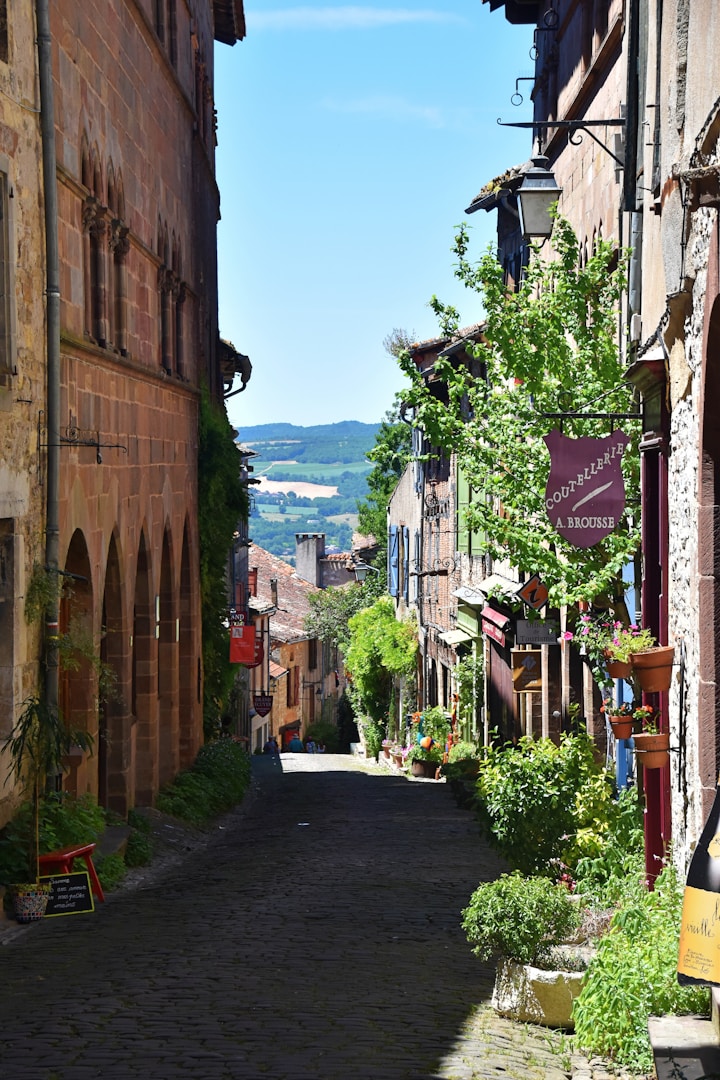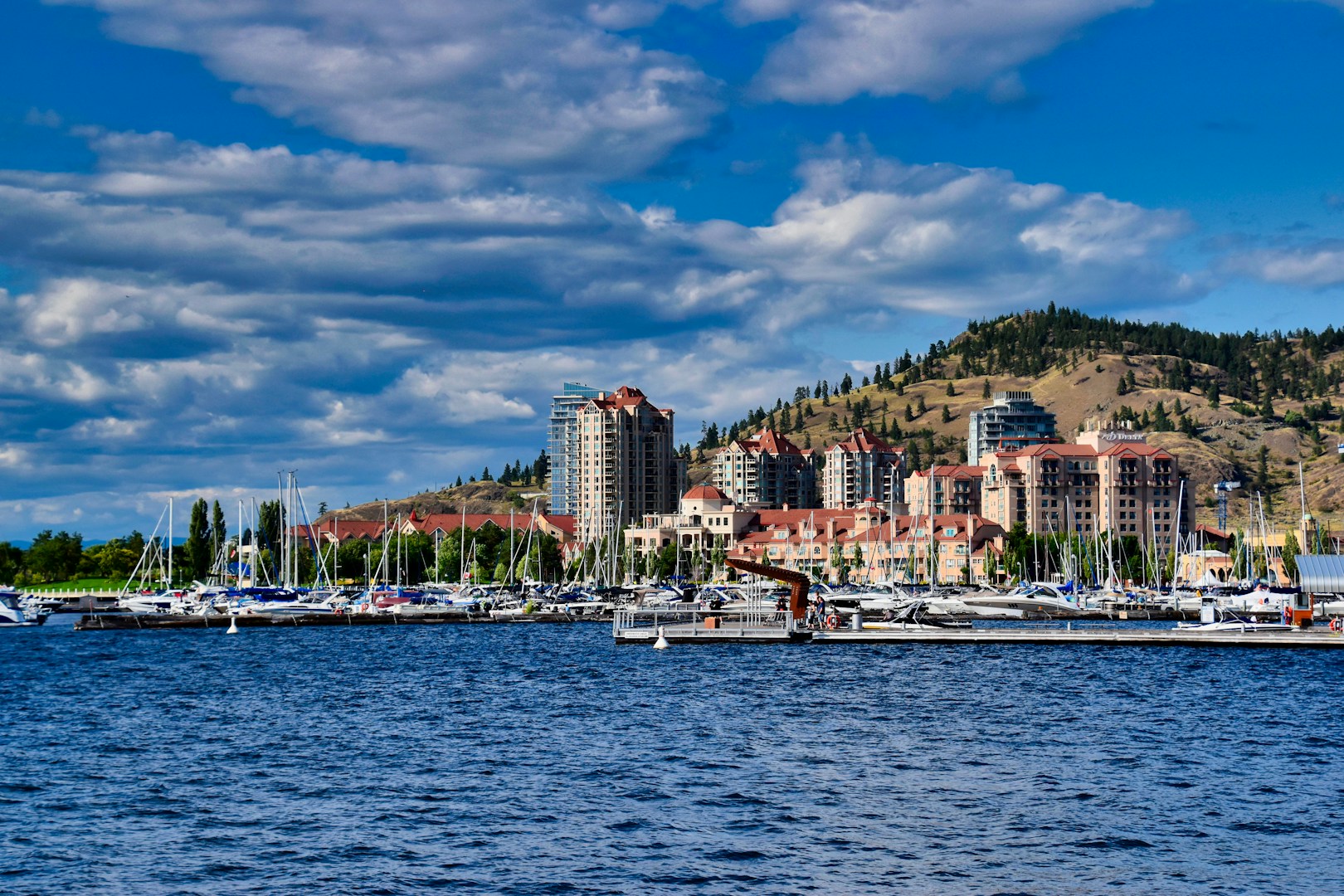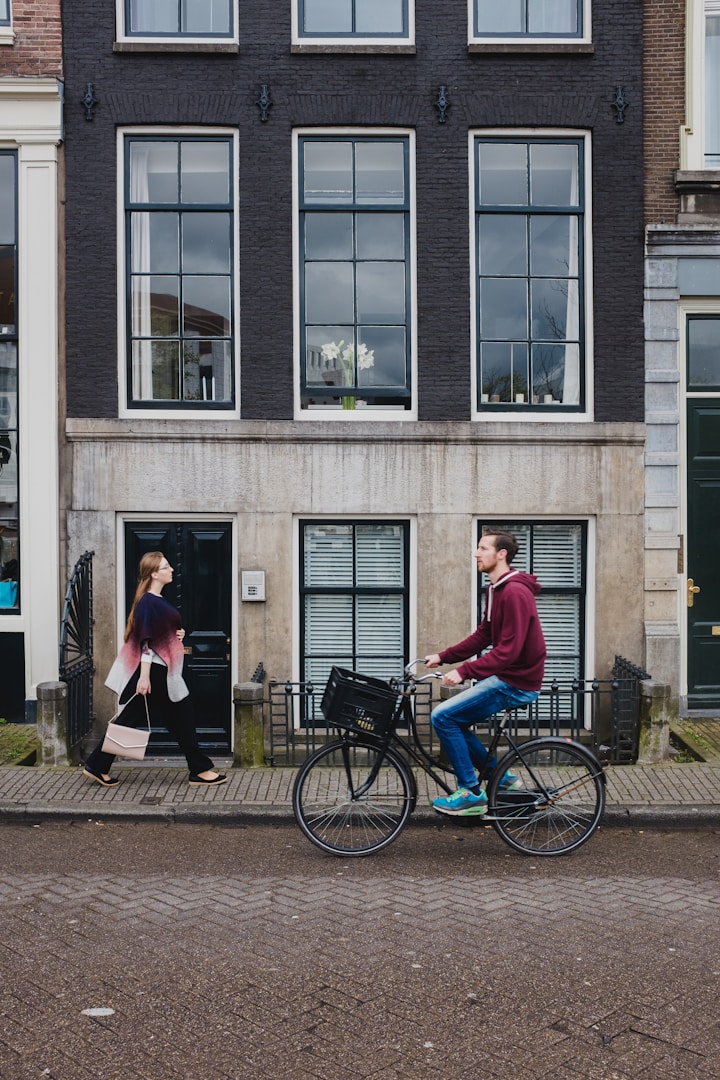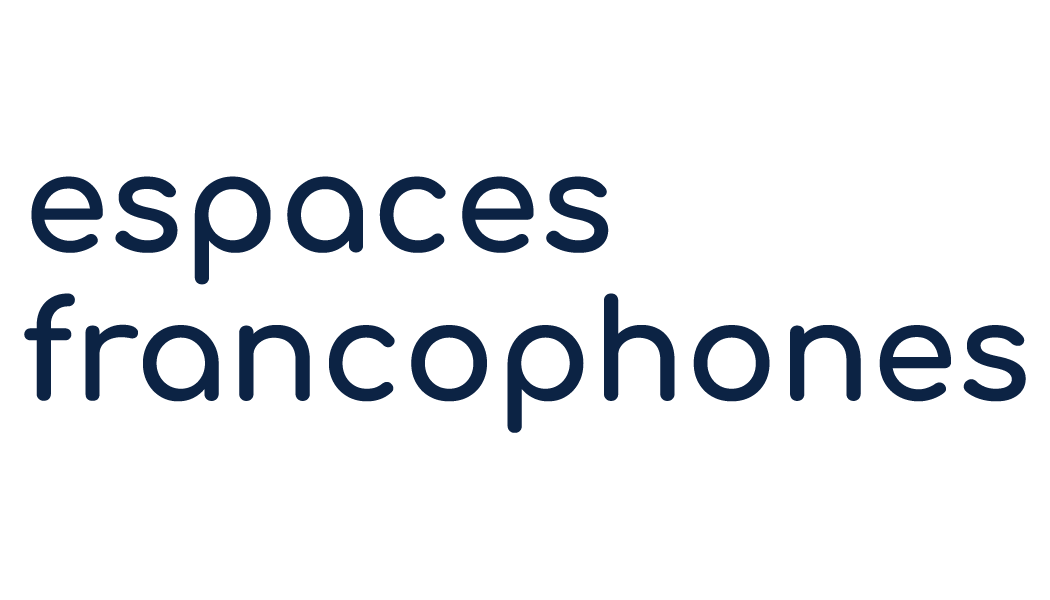Our History
In the second half of the 19th century, about forty French-speaking families participated in the colonization of the Okanagan Valley.
Names of several key figures are reflected in the names of certain cities and streets. For instance, Pandosy Street in Kelowna commemorates
the contribution of Father Pandosy who, with the help of other Missionary Oblates of Mary Immaculate, established the Okanagan Mission where
the education of the aboriginal people was done in French.
The inspiration for the name of Kelowna, which means “Grizzly Bear” in a native language, came from Auguste Gillards’s physical appearance
as a strong, bearded and hairy French speaker who had killed one of these great mammals and first settled here in 1862, where there is now
the city center of Kelowna.
Throughout the 20th century, French speakers continued to arrive in the region.
Having a language and religion in common, some women came together and met informally in their lounges to sing, knit, exchange advice,
etc. As there were several women named Cécile in the group, they decided to be called the Saint-Cécile Club. Out of necessity, that club
became the rallying point for French speakers around Kelowna and in 1974; the group became the French-speaking Circle of Kelowna, the
predecessor of today’s Centre Culturel Francophone de l’Okanagan.
On August 29th, 1978, the Center was endowed with a constitution and in 1984;
The French-speaking Cultural center of the Okanagan bought a former church situated in downtown Kelowna, on Bernard Avenue. The church was
renovated, creating a gathering place for all French speakers in the region. The building, with its bell tower, has always been used as an
office and a meeting room where numerous activities are organized on behalf of the French speakers and the Francophiles.
The CCFO acknowledges its place of work and activities are on the traditional territory of the Syilx (Okanagan) peoples.












